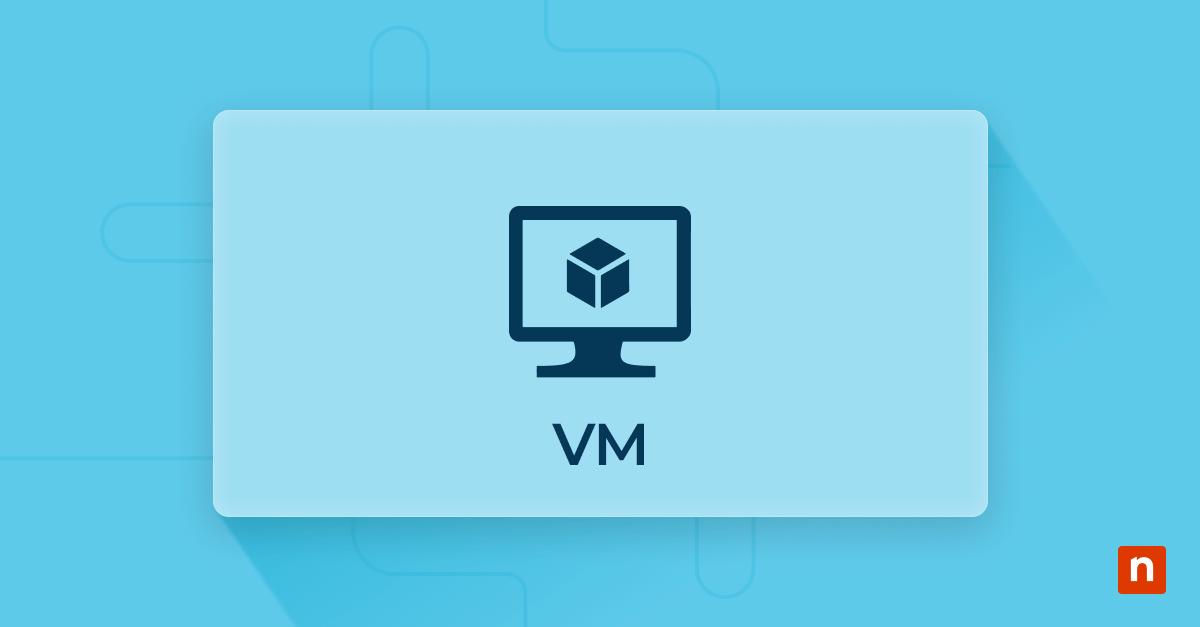Open Source Active Directory Management Tools Pros and Cons
Microsoft Active Directory is one of the most widely-used network administration tools in the world. Network administrators know that Microsoft Active Directory is among the most important tools readily available to them, and most make use of it accordingly.
However, many network admins would also agree that, even though Microsoft Active Directory and PowerShell are extremely useful, they can also be pretty inconvenient to work with. The original AD user interface is often painfully slow and is devoid of modern staples like automation.
The lacking user experience has left Active Directory wide open for third parties to tweak. This means you can use third-party software to make AD management much friendlier. Options abound, really — a testament to how crucial it is to augment Active Directory.
If you’re looking to set up automated alerts, there’s software for that. Do you want a more convenient user management interface? Choose a replacement. If you want auditing and reporting, there’s a product that will give you what you need.
In this article, we’re going to take a quick look at some of the most widely-used Microsoft Active Directory management tools. We’re mainly focusing on open source tools that you can get for free, but we also took into consideration the ease of setting up the tool and how much of a learning curve was required to operate it. Naturally, we also took the reliability and availability of customer support into account.
Free Open Source Active Directory Management Tools
ManageEngine Free Active Directory Tools
ManageEngine Free Active Directory Tools is pretty much what it sounds like a collection of free tools that helps admins manage Active Directory.
There are actually quite a few utilities in this suite, including AD Query Tool, CSV Generator, Last Logon Reporter, Terminal Session Manager, AD Replication Manager, SharePoint Manager, DMZ Port Analyzer, Domain, and DC Roles Reported, Local Users Manager, Password Policy Manager, and Exchange Health Monitor.
Each one was designed to make your life easier when it comes time to manage Active Directory. These tools can help take some of the tedium out of the management workflow, and automation can do things like remind users to update their passwords via email or SMS.
Then there’s the Terminal Session Manager, which is pretty useful if you ever need to manage and/or disconnect a bunch of users remotely. With this tool, the user can utilize a PowerShell cmdlet to find and manage a range of terminal sessions from a centralized location.
Official Site: https://www.manageengine.com/products/free-windows-active-directory-tools/free-active-directory-tools-index.html
IT Environment Health Scanner
This free Health Scanner comes straight from Microsoft. This tool is built to give admins and engineers an overview of their current Active Directory Health by scanning it for problems and inconsistencies.
This tool is great for preventative maintenance and troubleshooting. By scanning their network infrastructure, domain admins can get ahead of pinpointing issues that could cause AD from functioning correctly.
Official Site: https://docs.microsoft.com/en-us/microsoft-365/security/intelligence/safety-scanner-download
MaxPowerSoft Active Directory Reports Lite
MaxPowerSoft offers this tool that lets you load up to 200 objects from Active Directory. This includes User Reports, Group and OU Reports, Computer Reports and GPO reports, all from within their free program.
Official Site: https://www.maxpowersoft.com/
BeyondTrust PowerBroker Auditor
PowerBroker is a fairly comprehensive tool for Active Directory that allows admins and organizations to keep their AD locked down and secure. (You should always have a firm grasp of what’s going on inside your AD environment — not just for PCI, SOX, and HIPAA compliance, but for the sake of general security.)
By providing audits and alerting of AD configuration and changes in real-time, PowerBroker tells you exactly what is changing and what risks are being opened up.
Official Site: https://www.beyondtrust.com/products/powerbroker-auditor-for-active-directory/
Benefits of Open Source Active Directory Management Tools
There was a time not long ago when “open source” meant “the free, somewhat functional version of a tool that you use when you can’t afford to license the real one”. Things have changed!
Adoption of open source software at the enterprise level has been steadily increasing over the past few years. More businesses are seeing the advantages of open source solutions, and the enterprise mentality around open source continues to shift. With Active Directory being such an important part of network management, it’s no shock that AD management is one area where enterprises have been turning to open source.
After all, you can find plenty of great reasons to do so.
Open source software makes use of the collective, putting an entire community of skills and experience to work in the creation. The combined talents of a community working in concert deliver not only more ideas, but quicker development, more testing, and faster troubleshooting when issues come up.
Open source software’s code is often more reliable and secure because it is much more thoroughly reviewed by the community. Typically, issues that do arise are patched more diligently, as well. Whereas security was once a major point against open source, the evolution of the coding community has made it an afterthought in many cases.
Open source solutions are more than just “free software” — but hey, free is free. The fact that there are no licensing fees can make all the difference for enterprises or teams that are on a tight budget.
Of course, there are also some potential cons to consider with open source. Proprietary software usually comes with indemnification and warranty as part of a standard license agreement. On the other hand, open source software licenses typically contain only limited warranty and no liability or infringement indemnity protection.
So, is it better to use paid Active Directory management tools?
All that said, the final determination in your use case will always boil down to usability. All of the benefits of open source matter not if the software can’t do what you need it to. You will need to determine what features you can and cannot live without. What will slow down your workflow? What will help you maximize the effectiveness of your team? Can you operate without warranties or 24/7 software support?
There are certainly some special instances where open-source AD management tools would be the perfect choice for an IT manager.
Is there an open source version of Active Directory itself?
Microsoft Active Directory is one of the most widely-used IT management tools on the planet. That said, the IT landscape has changed a whole lot since Active Directory was built. As we mentioned previously, there are issues with the UI and usability that many people find… off-putting.
So, that leaves IT professionals with the question, “Is there an open-source Active Directory alternative?”
Forget tools, right? Let’s just replace the whole thing with open source. Think of what you could do if you could modify an open-source identity provider and adapt it to work seamlessly in your modern IT environment!
Well, there’s no actual direct replacement for AD in the open-source world — for now. Fortunately, you can find better alternatives to AD elsewhere. For instance, in the features of your favorite RMM tool.
NinjaOne can perform many of the same functions as MS Active Directory without the same resource overhead or challenging UI. Tighten security, create and run scripts, and perform mass updates right from Ninja’s UI. (On any machine! Not just Windows servers or Windows OS updates.)






